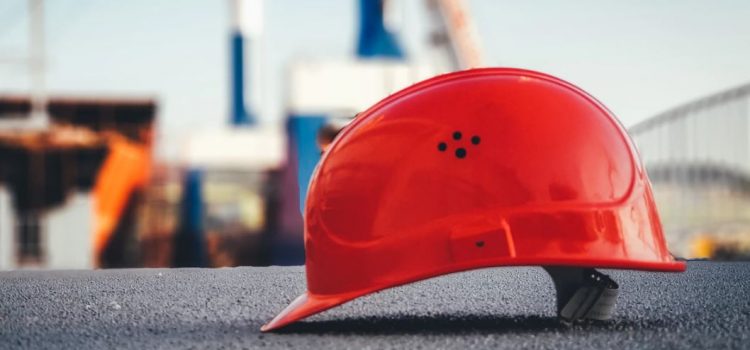
This is a free excerpt from one of Shortform’s Articles. We give you all the important information you need to know about current events and more.
Don't miss out on the whole story. Sign up for a free trial here .
What challenges does extreme weather pose for the construction industry? What steps is it taking to meet them? Can the industry weather the impacts of climate change?
Extreme heat, wildfires, and hurricanes are on the rise around the globe, and the construction industry, whose profits rise and fall based on the weather, is in the hot seat. As climate change fuels increasingly powerful and destructive weather events, the industry will have to find ways to adapt to survive.
Below we’ll take a look at the impact of climate change on the construction industry.
Construction and Climate Change
The construction industry, which comprises 12% of global gross domestic product, has never been a bastion of stability. It’s heavily dependent on labor and hostage to the weather—and conditions have grown more challenging in recent years as a result of the Covid-19 pandemic and climate change.
Construction has notoriously smaller profit margins than other major industries, so the impact of climate change on the construction industry can complicate, delay, and turn projects unprofitable.
Climate Change Impacts on Construction
The increasing intensity and duration of extreme heat and volatile weather events will both change the manner in which the construction industry will need to operate and will complicate its financial prospects in the years ahead. Impacts the industry must consider include:
- Work season changes. Increasingly severe hurricanes and floods are disrupting the construction season, damaging buildings, delaying construction, interfering with supply chains, and slowing materials delivery. Further, rising global temperatures alternately lengthen and reduce the season.
- Worker safety. Extreme heat, high winds, and radical weather events increase the risk of workers experiencing health problems and injuries, leading to more worker compensation claims and project delays.
- Rising insurance costs. Extreme weather can cause unsafe working conditions, damage equipment, delay materials, and make work sites inaccessible. This can lead to unforeseen delays, contract grievances, and litigation that increase construction companies’ insurance costs.
- Growing materials costs. Extreme weather events necessitate the development and use of new, more expensive materials able to stand up to increasingly damaging weather.
How Digital Technologies Can Help
Experts say that as extreme weather events grow in frequency and intensity, the construction industry can operate more efficiently and safely, and save money by embracing digital technologies that enable companies to predict, proactively address, and quickly respond to evolving, volatile conditions. Such tools will allow them to:
- Navigate changing weather. Some digital tools aggregate weather data, assess its impact on construction schedules and job site safety, and provide options for ways to proceed with work. This can keep construction projects safe and on time.
- Assess site conditions remotely. Construction companies can now see what a project looks like at any given moment using 3D digital twin technology (which offers virtual representations of physical objects) with video that regularly updates from a 360-degree camera attached to an engineer’s hard hat. The technology enables off-site experts to assess weather conditions at a job site (for example, excessive winds or rain) and determine if work can safely proceed.
- Ensure worker safety. Biosensing enables construction companies to monitor and send information about extreme humidity in the environment to safety personnel, who can then direct field workers to take longer or more frequent breaks to avoid heat-related illness and injury.
- Plan strategically. Technologies like 4D simulation and Building Information Modeling can enable contractors, subcontractors, and others to visualize and address materials and labor shortages and the impact of severe storms before they hamper progress.
- Communicate effectively. Drones, high-definition cameras, and wearable sensors that send job site data to cloud-based services enable contractors, owners, and subcontractors to see documents and schedules updated in real time to reflect weather, supplies, and labor delays. This keeps all parties on the same page and increases efficiency.

Want to fast-track your learning? With Shortform, you’ll gain insights you won't find anywhere else .
Here's what you’ll get when you sign up for Shortform :
- Complicated ideas explained in simple and concise ways
- Smart analysis that connects what you’re reading to other key concepts
- Writing with zero fluff because we know how important your time is






